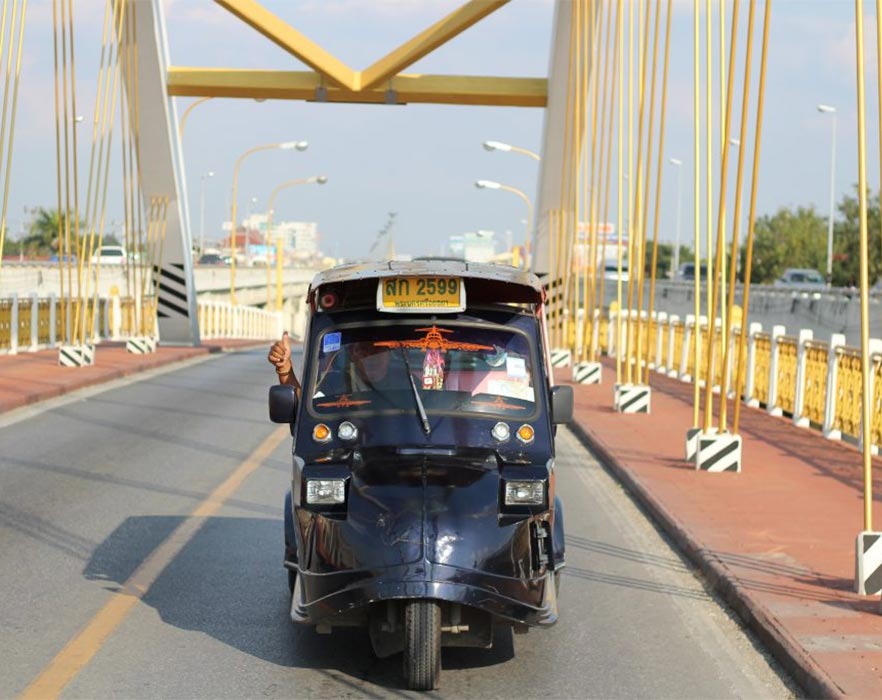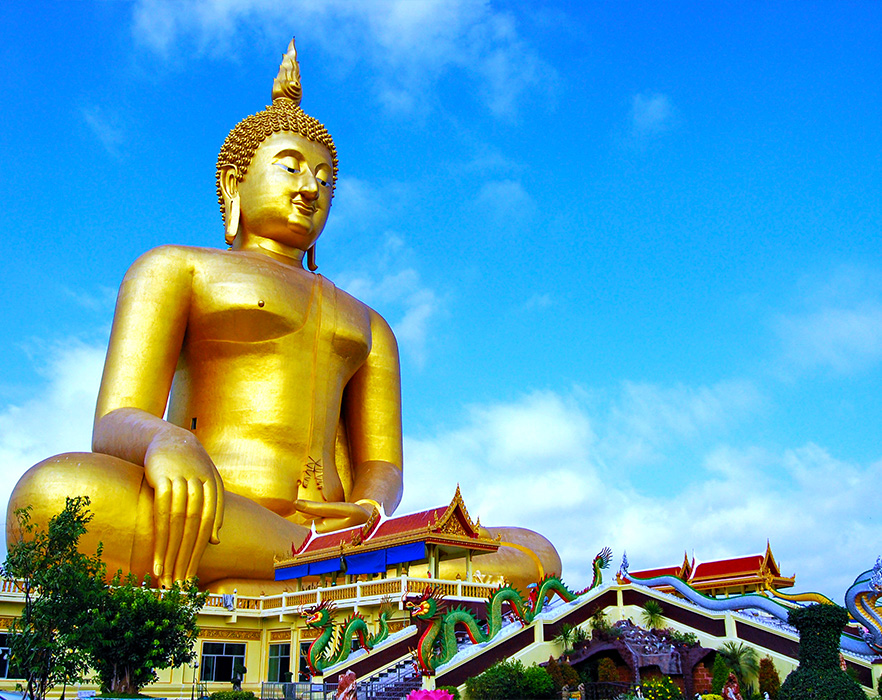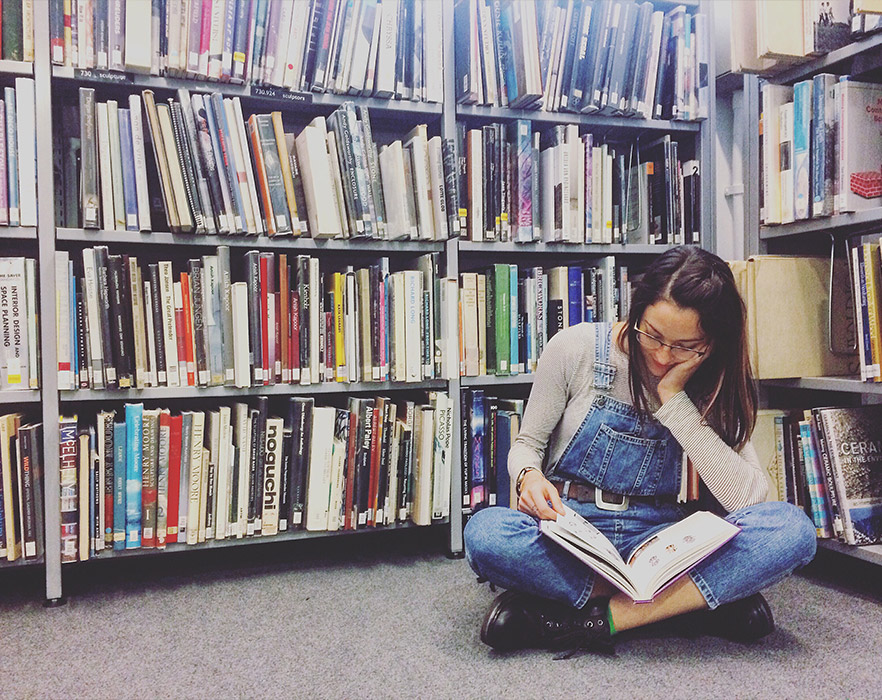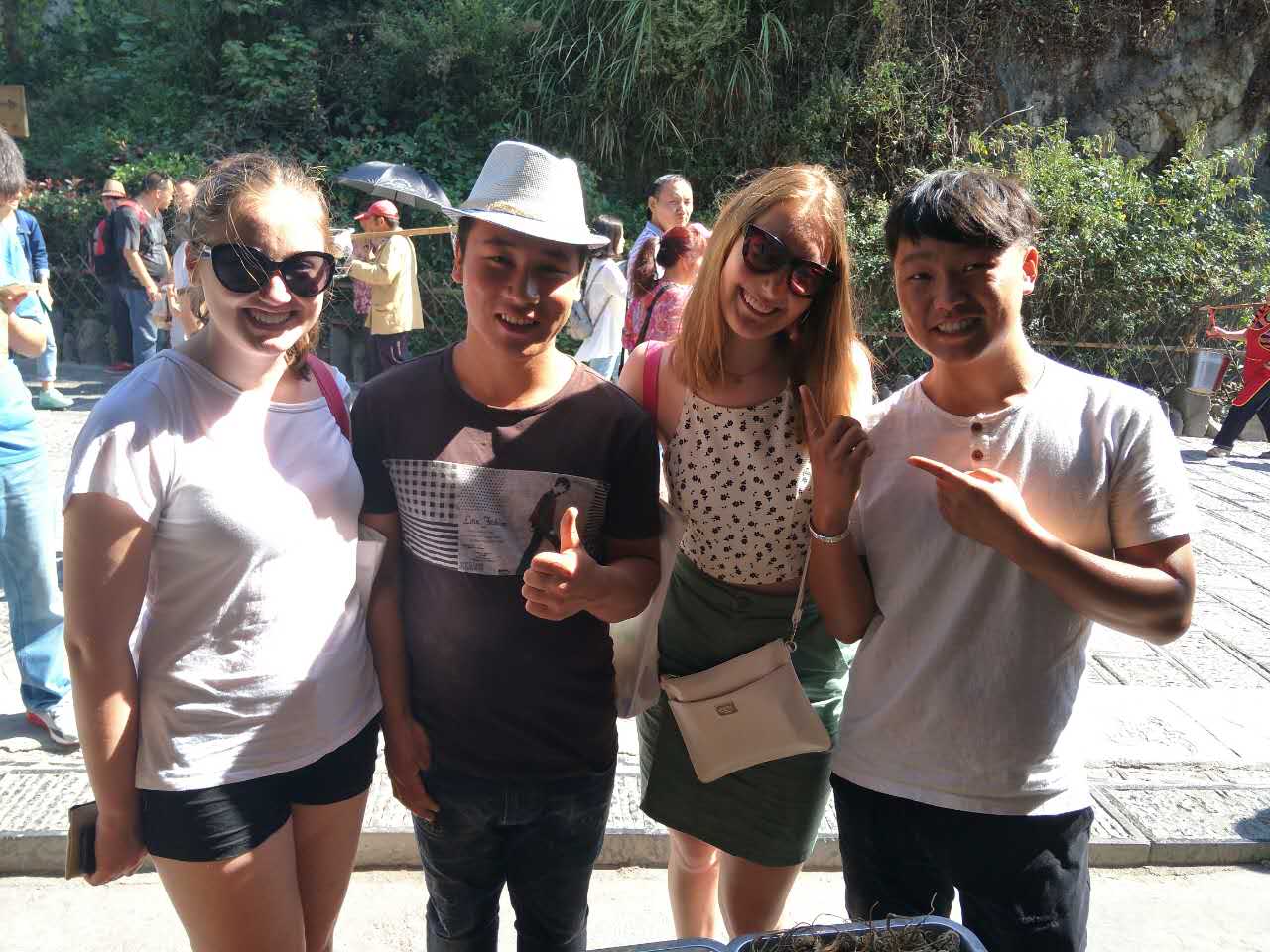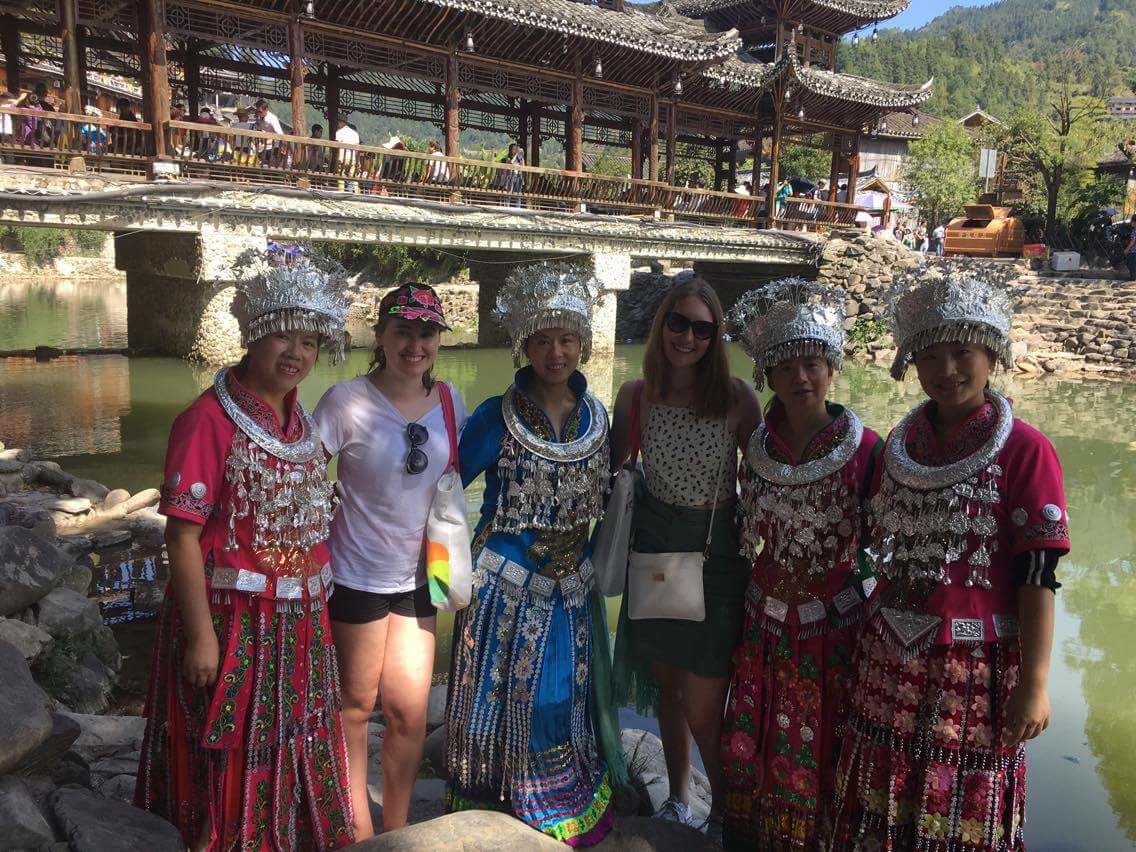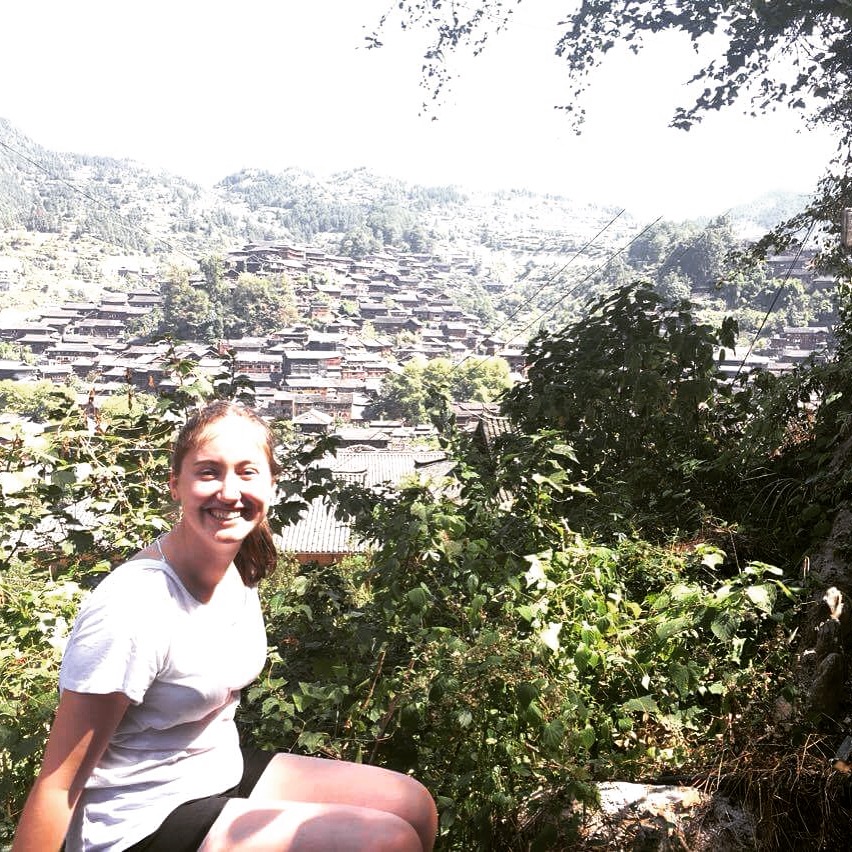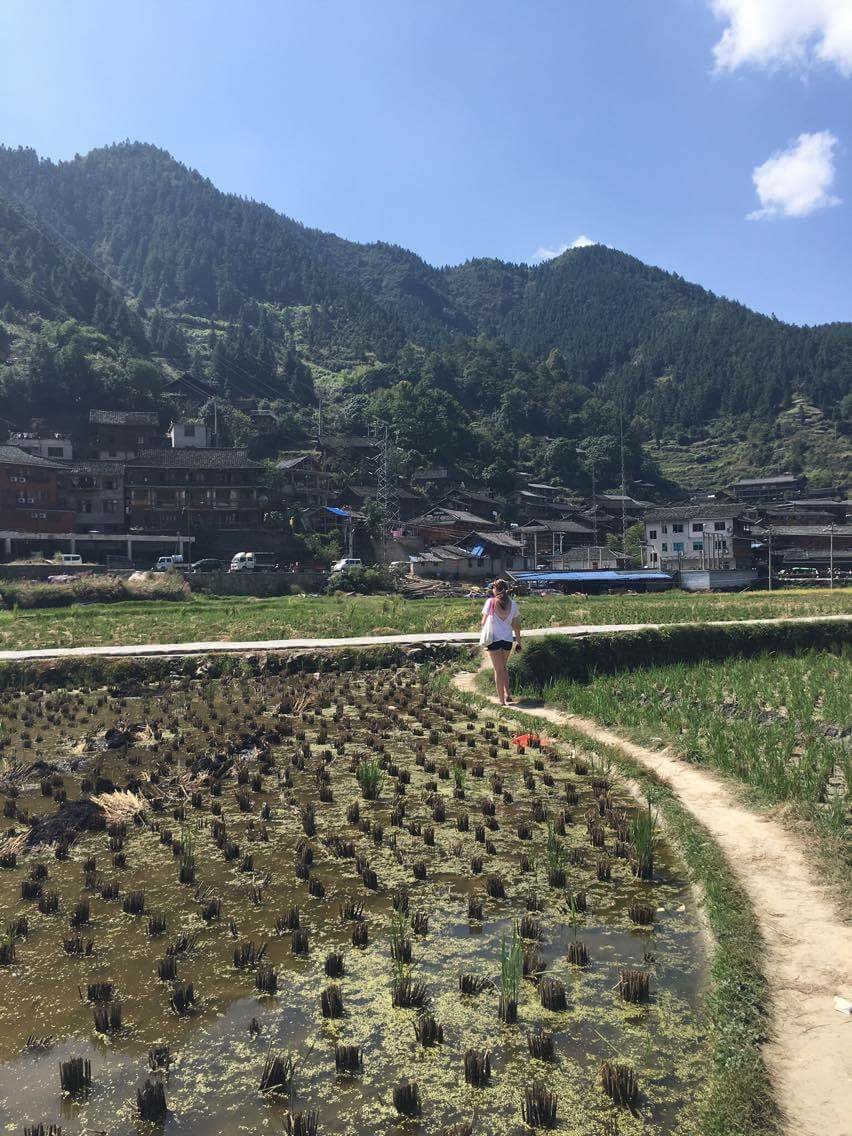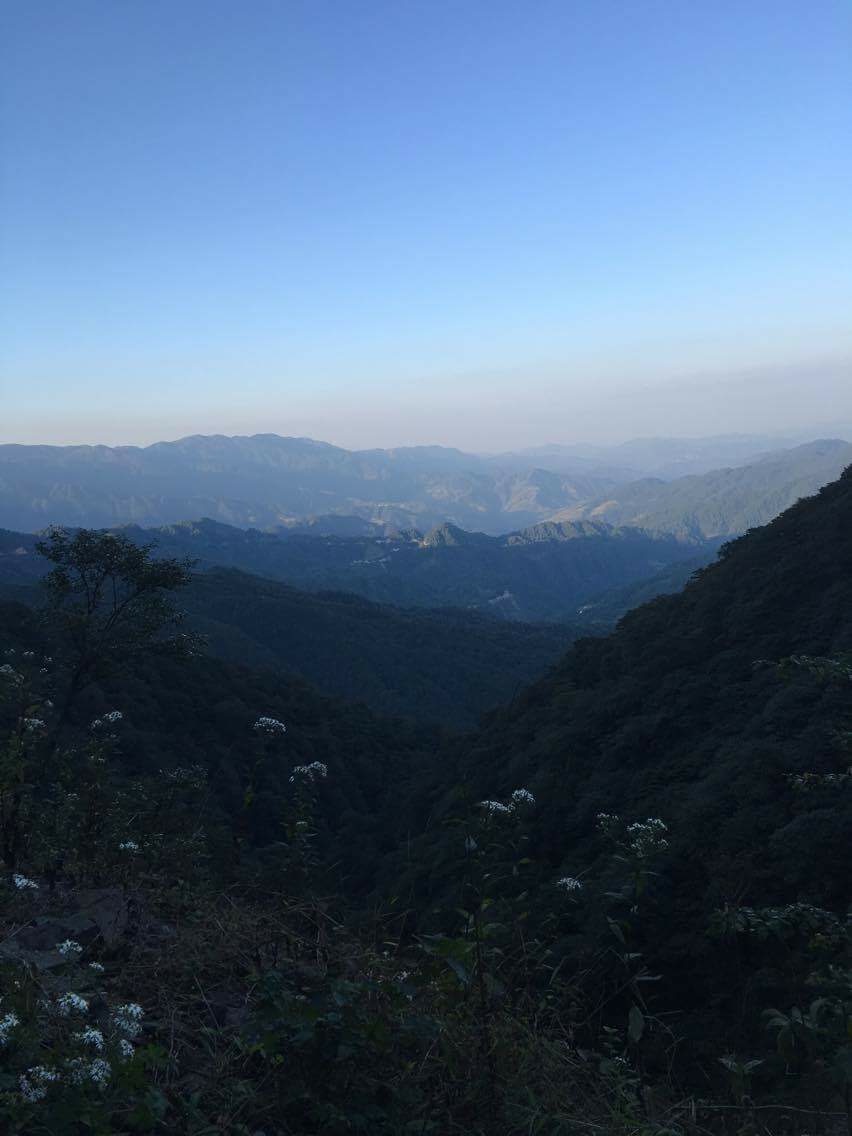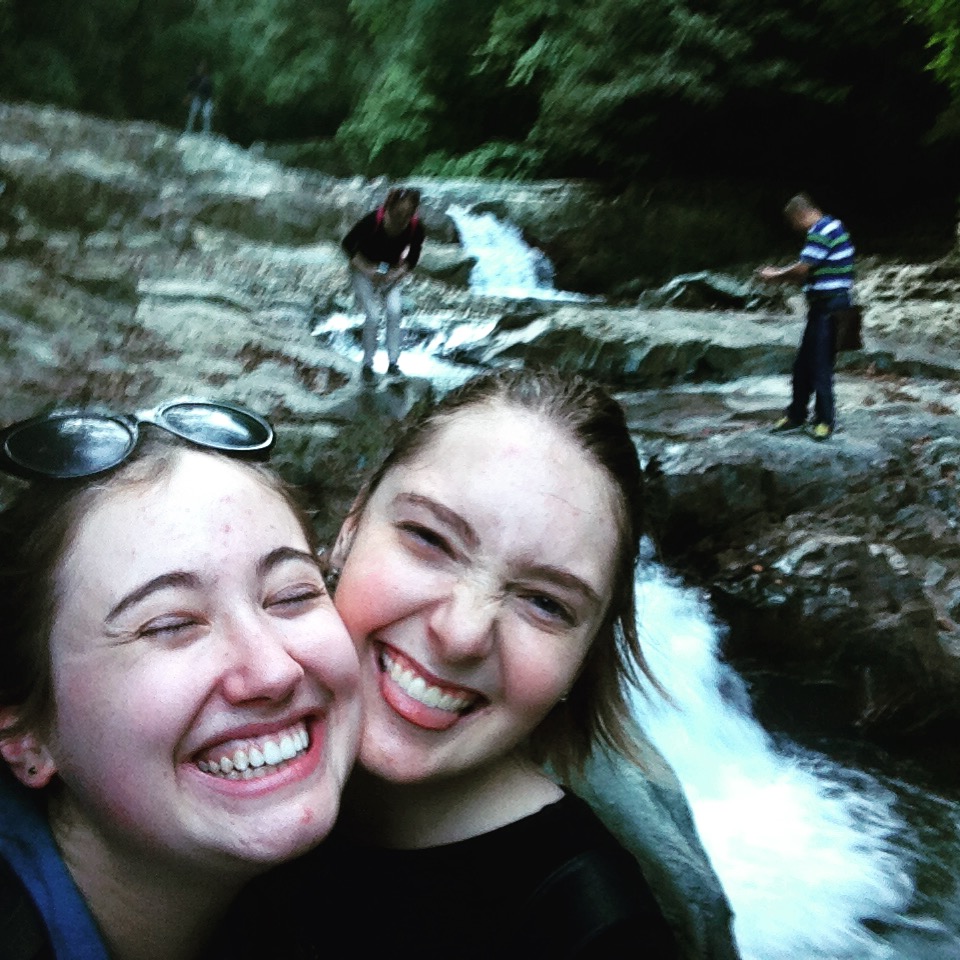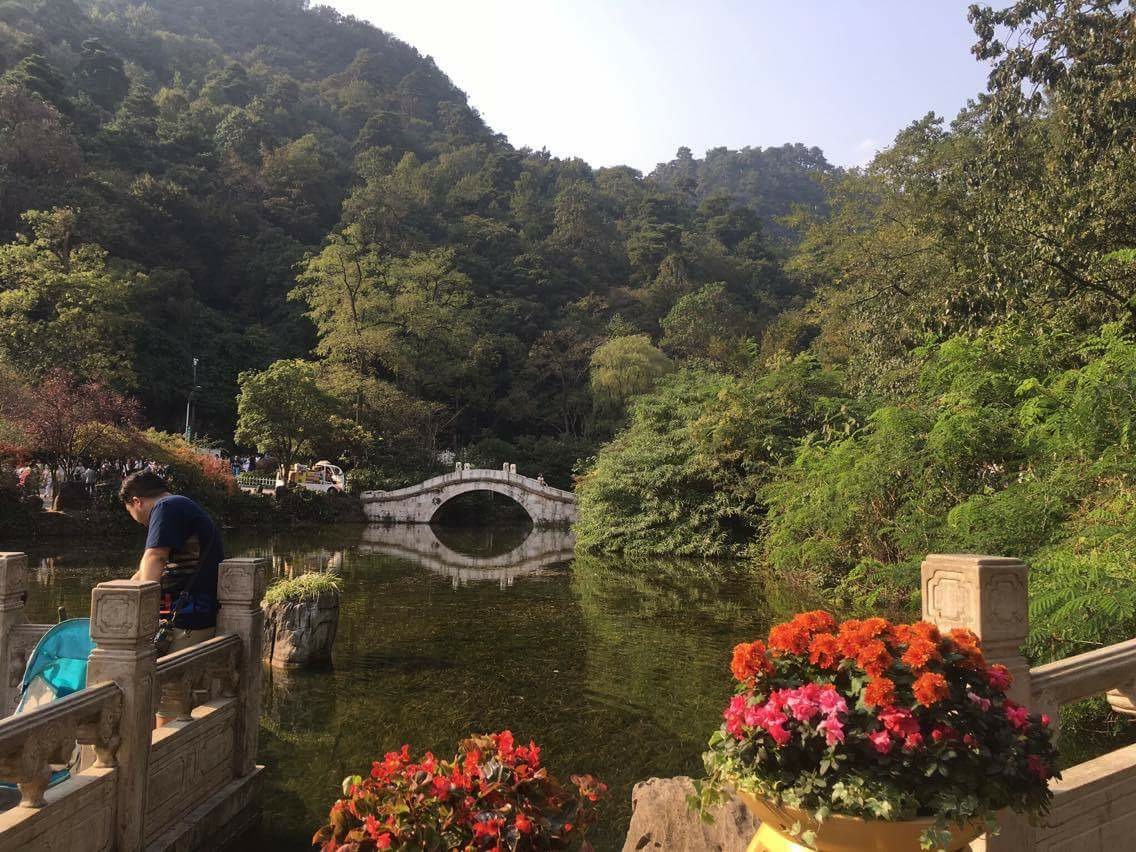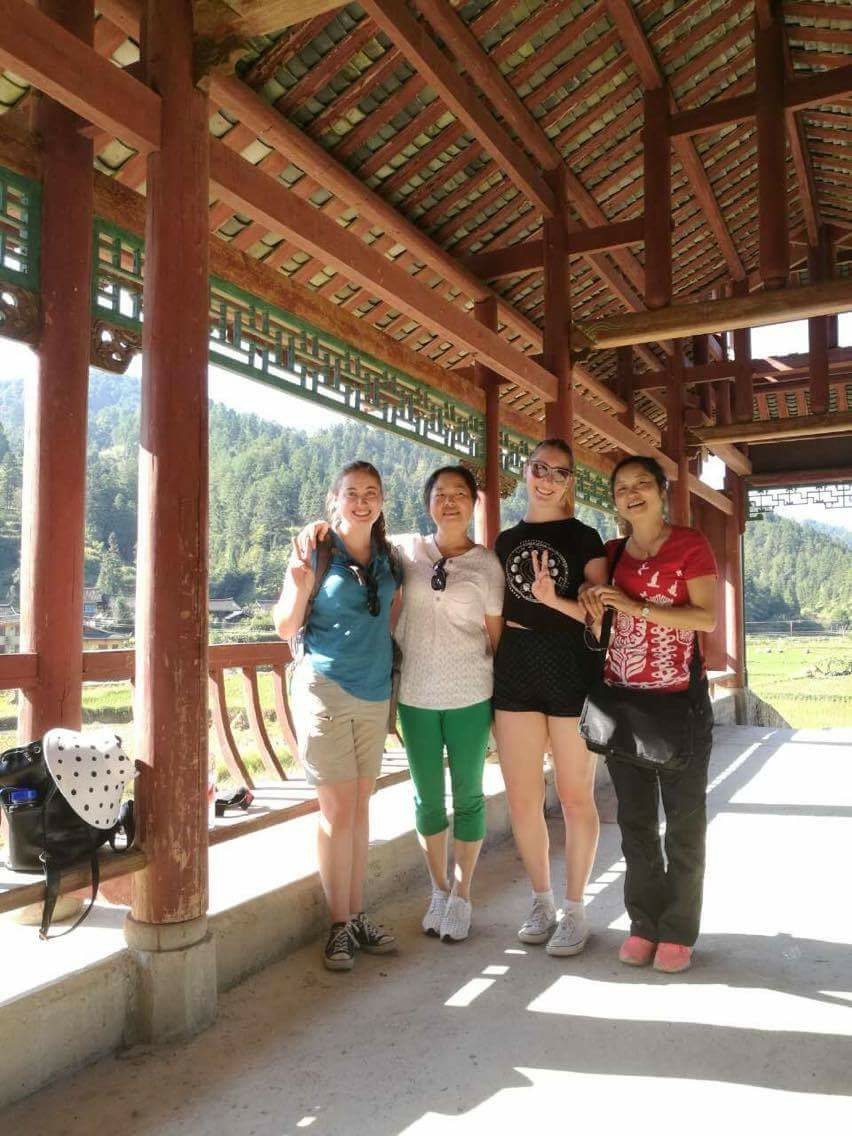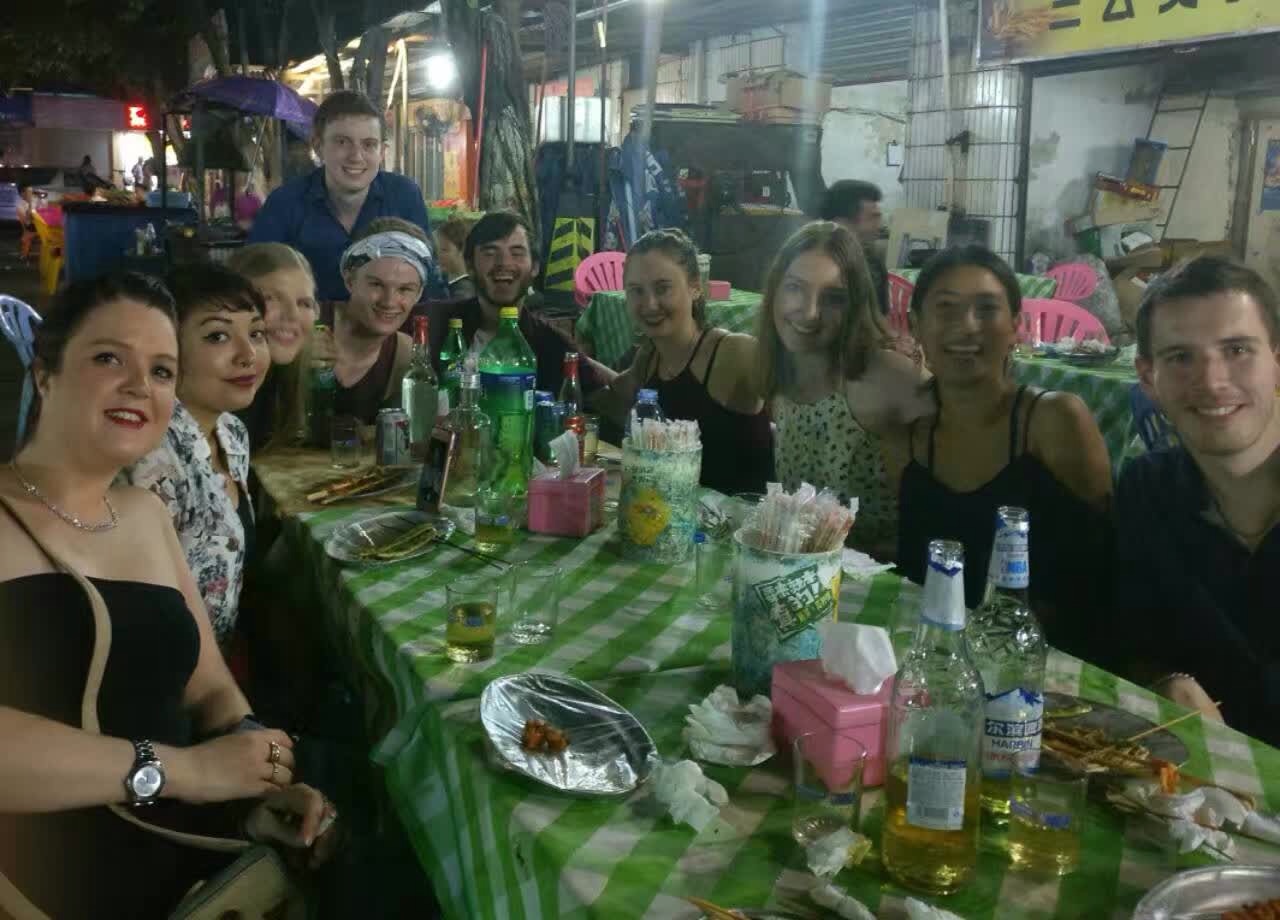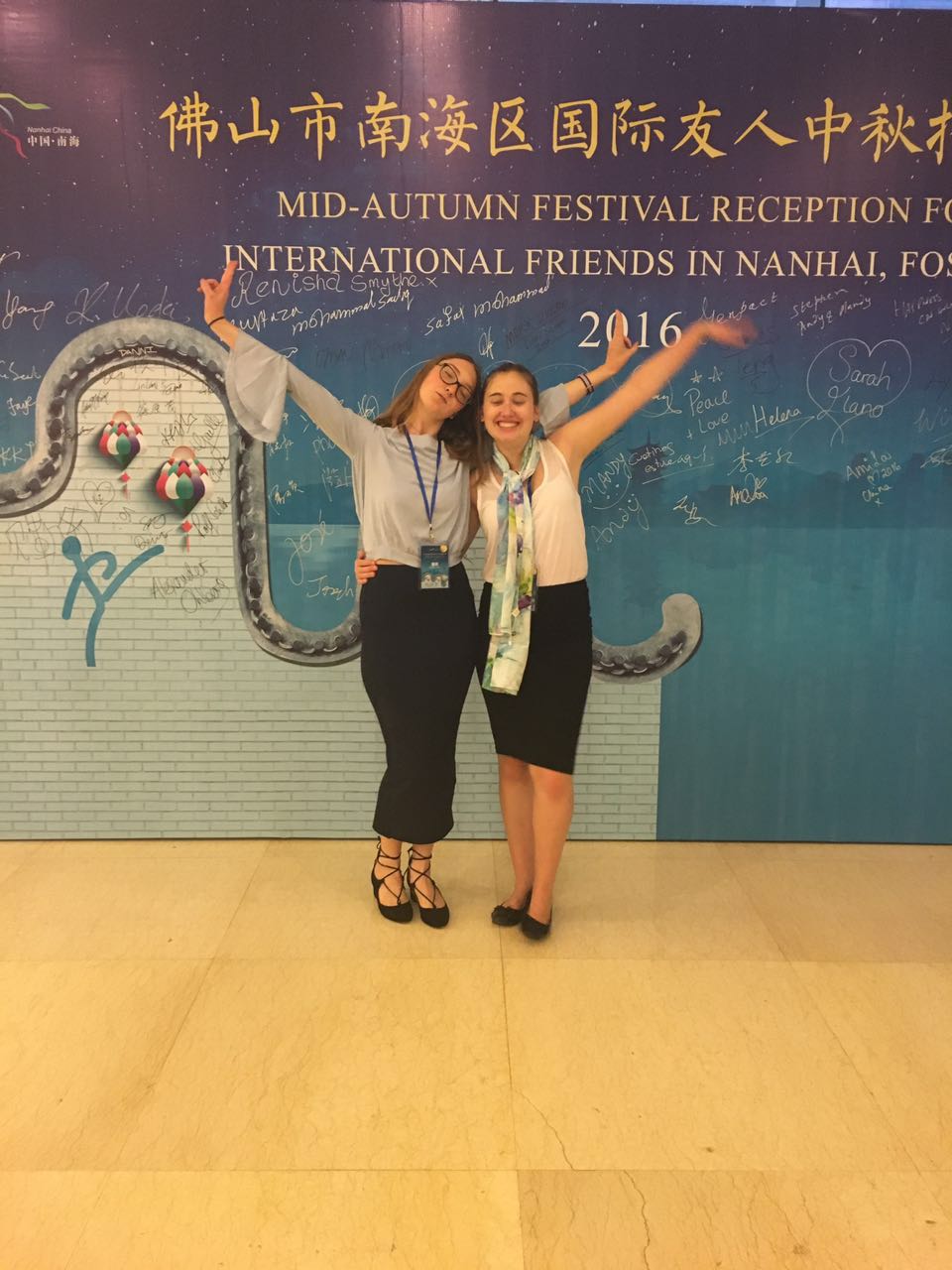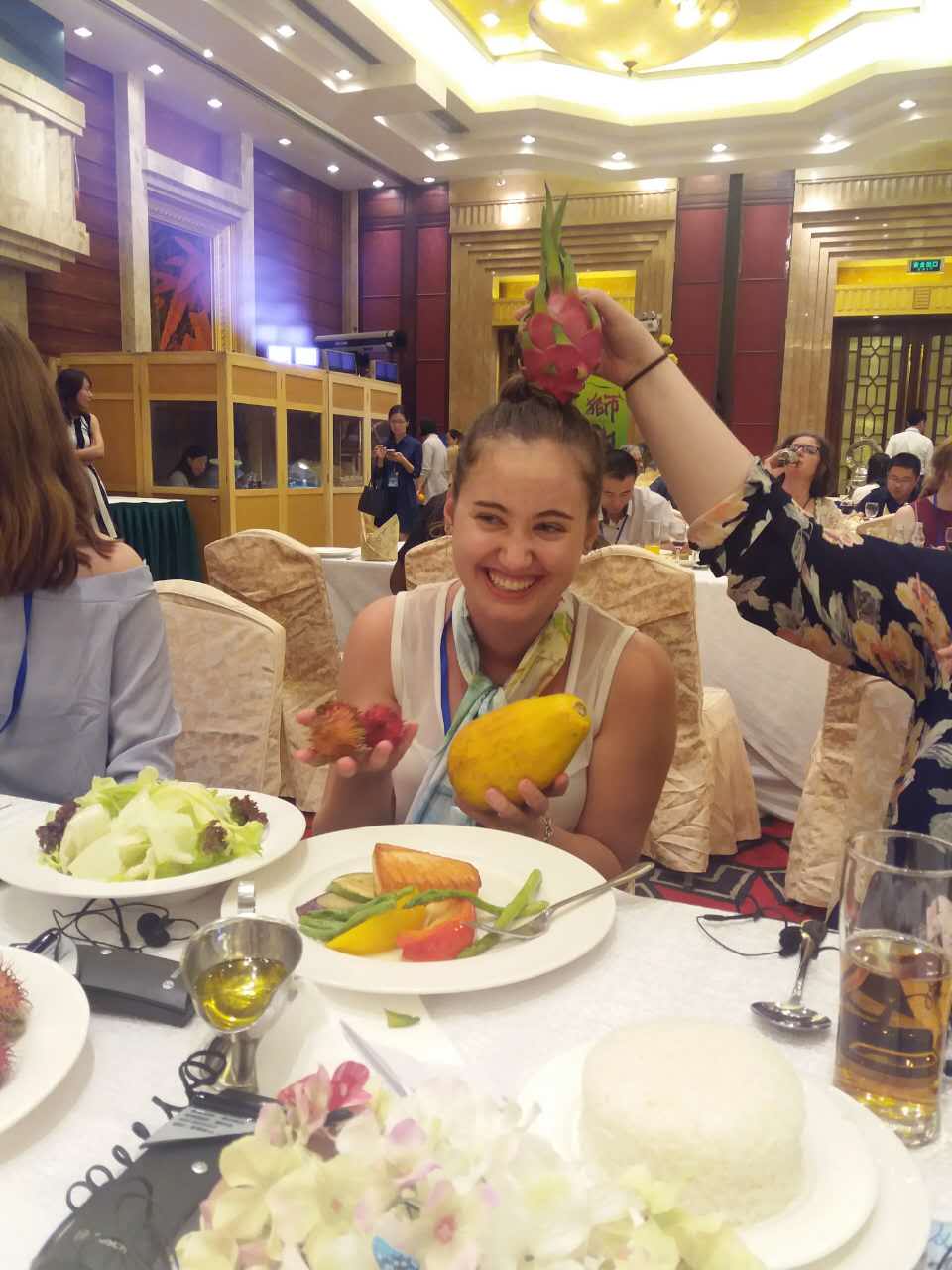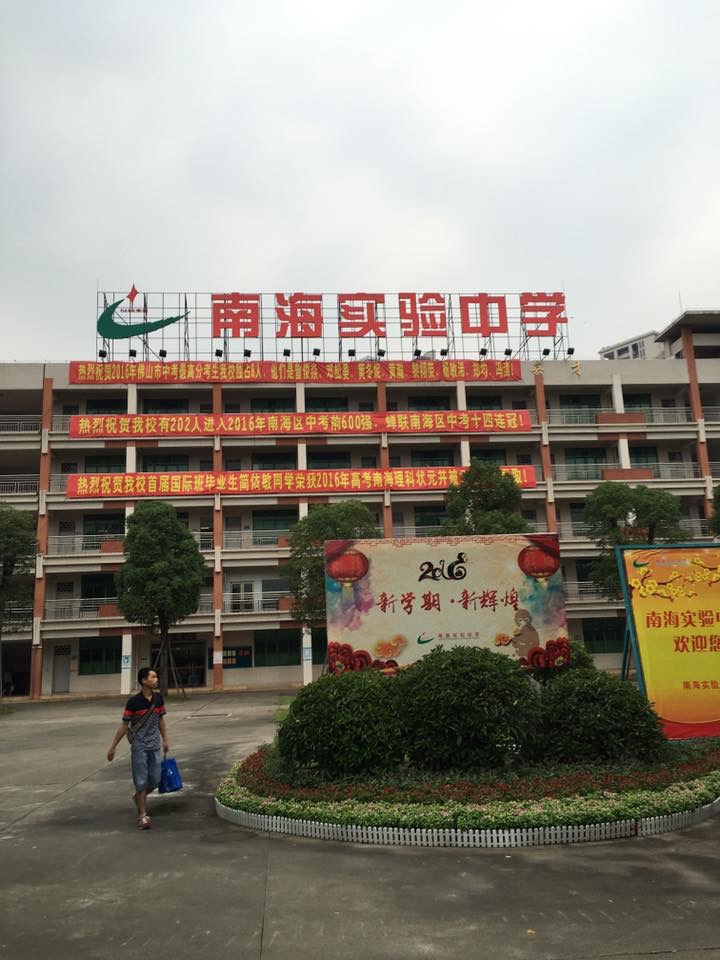Ah Thailand. What does the name conjure up for you? Stunning beaches, super-friendly people, a capital bursting with energy and fabulous TEFL opportunities for sure. But do you also know these 10 crazy facts about Thailand? Read on and be crazily amazed!
Thailand has fish that walk
It’s true! If you can drag your gaze away from Krabi’s laid back, white sandy shores for a short while (hard, we know!) you might just spot some mudskippers – a fascinating species of fish that really do use their fins to help them walk, climb and even skip out of the water.
And that’s just the start of Thailand’s amazing wildlife. Along with walking fish, Thailand can offer you everything from the smallest mammal in the world (the bumblebee bat) to the world’s biggest fish (whale shark). Thailand even has more species of birds than the entire continent of Europe put together. Now that’s impressively crazy!
Thai people are super proud that their country’s never been colonised
The fact that Thailand’s name translates as the Land of the Free may give you a hint of how thrilled Thai people are that their country has never been colonised. But why shouldn’t they show off about it? After, it takes some pretty nifty negotiation skills to stay independent when western powers are carving up the land all around. In fact, Thai people are so proud that their country’s never been colonised that we’re willing to bet that at least one person will tell you this fact within your first month of teaching in Thailand. Let us know if we win!
It’s illegal to drive without a shirt on in Thailand
If you’re tempted to top up the tan on your chest while scooting around Thailand’s roads, think again. While it’s not always enforced in tourist areas, technically you’re breaking the law if you drive without a shirt on – and that includes scooters as well as cars, so be warned! Oh, and just in case you fancied leaving home without your underwear instead, that’s against the law too. We’ll leave it to you to decide how that rule might have come about!
Thai people leave red Fanta out for ghosts
Even if you’re only in Thailand for a day, you can’t fail to spot the phi houses built outside pretty much every house, shop or office to provide a home for the spirits that live on the land. Thai’s believe that by giving the ghosts a home and providing daily offerings, the spirits will protect the people who live in the buildings, rather than trying to move in themselves. And guess what the spirits love more than anything? Red Fanta of course. Opened and with a straw, ready for the spirits to drink. So don’t tell off your English students if you spot them leaving bottles lying around the school phi They’re not littering – they’re simply offering the spirits a welcome drink, to ensure they don’t cause havoc with your classes!
You must stand for the National Anthem before watching a film
Thailand is a country that takes their king mega seriously – and this is particularly evident through the regular playing of the National Anthem. You may well hear it at 8am and 6pm in your local town square and the Anthem is always played before a film starts in the cinema. Don’t worry about learning the words – this isn’t expected from visitors. However, you definitely do need to show respect by standing up and being quiet while the Anthem plays. After all, you don’t want to be imprisoned for treason!
Most Thai men have been monks
Monks are highly respected in Thailand and if you’re up early enough (or not quite made it to bed) you’ll often see them wandering around in their orange robes at sunrise collecting donations of food for their monastery. What you may not realise is that being a Thai monk is not the preserve of the dedicated few. In fact, until very recently, almost all young Thai men would spend anything from a few weeks to six months as a monk in their local monastery. It’s a way to show respect and build up merit for their family – and it’s still a super common practice today.
Bangkok is not the real name of Thailand’s capital
You might think Thailand’s capital city is called Bangkok but this is actually a nickname – and some Thai people may never have heard of this title at all. The name most Thai people use for their capital is Krung Thep but even this is only an abbreviation.One of the most crazy facts of all about Thailand, is that the full name of its capital city is: Krungthepmahanakhon Amonrattanakosin Mahintharayutthaya Mahadilokphop Noppharatratchathaniburirom Udomratchaniwetmahasathan Amonphimanawatansathit Sakkathattiyawitsanukamprasit which roughly translates as: The city of angels, the great city of immortals, the magnificent city endowed with nine precious gems, the city of royal palaces and the seat of the King, resembling the heavenly abode of reincarnated gods, a city given by Indra and build by Vishnukarn. We reckon King Rama I (who named it) quite liked the place!
There are 40,000 Buddhist temples in Thailand
With more than 90 percent of Thailand’s population Buddhist, it’s not surprising that there’s quite a lot of temples in this country – but still, 40,000 is a ginormous number! Even more crazy than the number of temples in Thailand is the size of the Buddha statues in them. Take Phuket’s 45 metre x 25 metre, Big Buddha, for example – it can be seen all across the famous Chalong Bay. Or, for the supremely crazy sized Buddha, head to Phra Maha Nawamin in Ang Thong. The Buddha statue there is a whopping 92 metres high, more than the height of 20 double-decker buses piled on top of each other. All we can say is, wow!
You can’t hang the Thai flag upside down
In the early part of the 20th century, the Thai flag had a red background with a white elephant on it, symbolising strength, endurance, and intelligence. Perfect – or at least it seemed that way until the flag was accidentally hung upside down during a huge flood. The king’s solution? Why, create a new flag of course, and make sure this one is completely symmetrical, so it cannot be hung upside down. Whether or not this is exactly how the events took place, what’s definitely true is that Thailand’s flag today is a series of red, white, and blue horizontal stripes, which shows exactly the same pattern whichever way up it’s hung. Now we come to think of it, that’s just good thinking and not crazy at all!
Thailand hosts an annual banquet for monkeys
Yup, you read that right – there really is a massive feast put on each year just for monkeys. Hosted in the ancient city of Lopburi, the star guests are the mischievous macaques that normally spend their days holding court in the ruins, waiting for the perfect opportunity to swipe a hat off a passing tourist’s head or pickpocket your camera.
To celebrate these spirited creatures, once a year, the Khmer temple (now renamed as the Monkey Temple) is transformed into a banqueting hall. Long tables are loaded with everything from sticky rice to tropical fruits to tempt their star guests. Now that’s a crazy fact if ever we heard one. Our advice: immerse yourself in this fabulous event – but make sure you’re out of the way when the food fights start!
So now you know these crazy facts about Thailand, it’s time to get yourself there straight away. Book your TEFL course or TEFL internship today or request a call back for a friendly TEFL expert to chat through your options. You’ll be teaching in Thailand in no time – and can find out even more crazy facts about this brilliant country, all for yourself.
